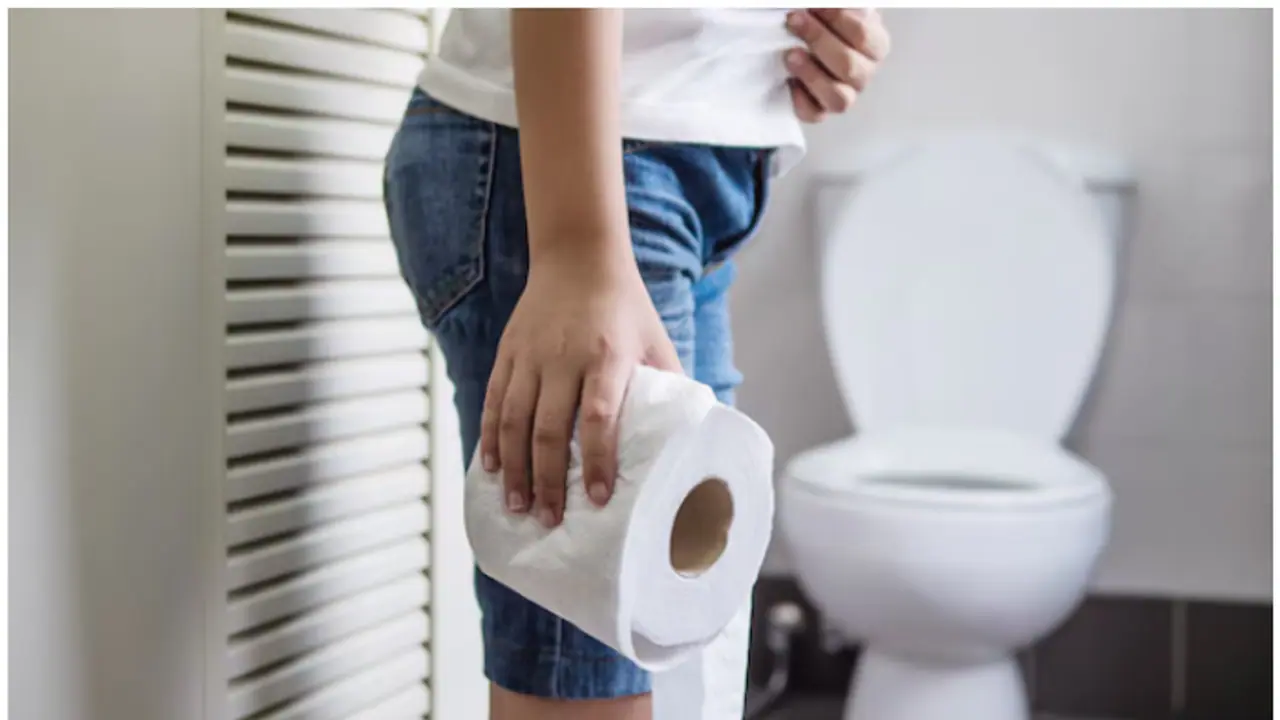Frequent urination is a common concern affecting many individuals, often disrupting daily life. Effective management requires an understanding of its causes, symptoms, and remedies.
Frequent urination, defined as the need to urinate excessively throughout the day or night, is a common issue affecting individuals of all ages and genders. While it can be merely inconvenient, it often disrupts daily activities and sleep, warranting a closer look at its underlying causes and potential treatments.

What Is Frequent Urination?
Frequent urination occurs when you feel the need to urinate more than normal, typically more than eight times during the day or more than twice at night. While some fluctuations are normal, consistently high frequency can indicate underlying health concerns.
Common Causes of Frequent Urination
1. Urinary Tract Infections (UTIs)
UTIs are one of the most prevalent causes of frequent urination. Bacterial infections in the bladder or urethra can lead to a heightened urge to urinate, often accompanied by pain or burning sensations.
2. Pregnancy
During pregnancy, hormonal changes and pressure from the growing fetus can lead to increased urinary frequency, particularly in the first and third trimesters.
3. Diabetes
Due to high blood sugar, a diabetic patient may face the problem of frequent urination and this is normal. When the body fails to process glucose properly, excess sugar is expelled through urine, leading to increased urination.
4. Enlarged Prostate
In men, an enlarged prostate can press against the urethra, causing frequent urination, especially at night.
5. Overactive Bladder
A condition in which the bladder becomes overactive can lead to the need to urinate frequently, causing people to feel the need to frequent the washroom.
6. Medications and Caffeine
Certain medications, particularly diuretics, can increase urine production. Similarly, caffeine and alcohol are known stimulants that can lead to more frequent urination.
Identifying the Problem
If you find yourself urinating excessively, it’s important to consult a healthcare provider. They may ask about your medical history, lifestyle habits, and current medications. Urine tests can identify infections, while imaging tests may be used to detect structural issues.
Treatment Options
1. Addressing Underlying Conditions
The treatment plan will depend on the root cause of frequent urination. This might include antibiotics for UTIs, diabetes management, or prostate treatments.
2. Lifestyle Modifications
Simple changes can make a significant difference. Reducing fluid intake, especially before bed, and limiting alcohol and caffeine can help alleviate symptoms.
3. Pelvic Floor Exercises
For those with an overactive bladder, pelvic floor exercises, such as Kegel exercises, can strengthen muscles and reduce urgency.
When to Seek Help
As discussed above, there are some problems that a person may face due to frequent urination, so every time it is not dangerous for you, but ignoring the complex symptoms can land you in trouble, including dehydration or exacerbation of underlying conditions. If frequent urination disrupts your daily life or is accompanied by other troubling symptoms, it’s crucial to seek medical advice for appropriate diagnosis and treatment.
